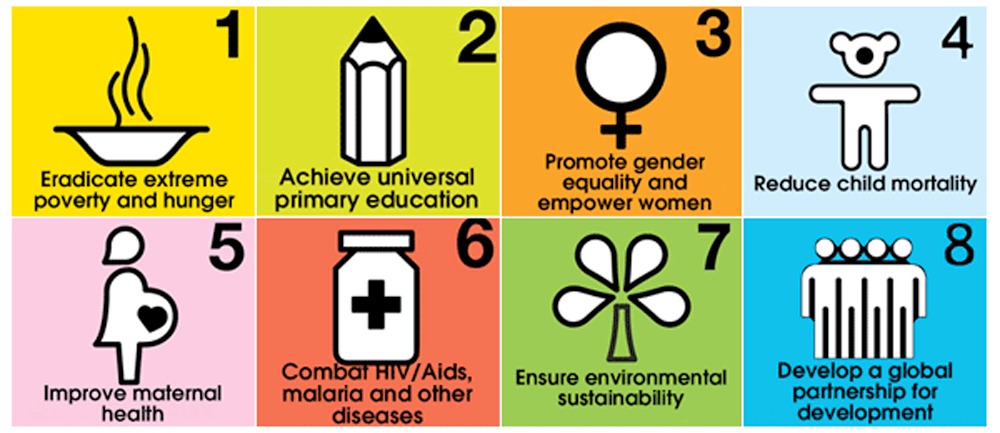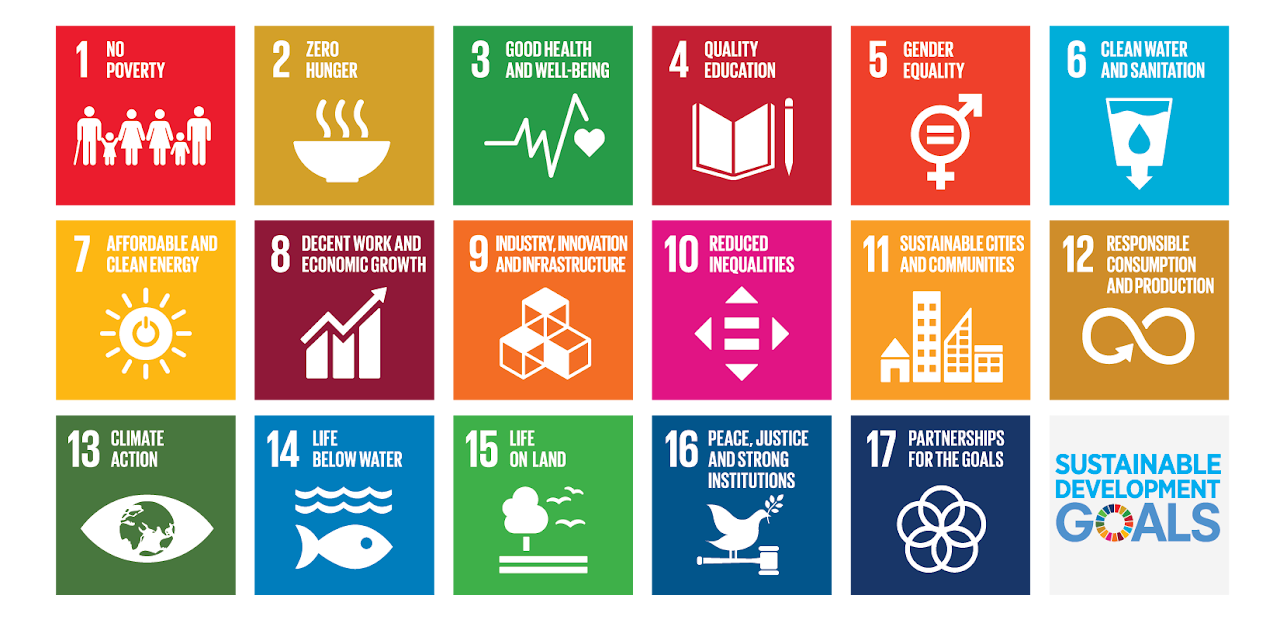global governance and intervention of human rights
intervention strategies include -
attempts to change and modernise norms
NGOs, private organisations and human rights activists
influence of MNCs in terms of Corporate social responsability
creation and application of international and national laws
attempts to stengthen the rule of law
refrence to legal mechanisms such as the European court of human rights and international criminal court (ICC)
Treaties or conventions established by supranational organisations such as UN and regional unions like ASEAN, EU, NATO
agencies of the UN such as Office of the High Commissioner for Human Rights (OHCHR)
UN peace keeping operations in promoting and protecting human rights
Humanitarian intervention and humanitarian relief assistance.
the united nations
193 member states, each agrees to accept the obligations of the UN Charter
Human Rights are at the core of the aims of the UN
Heavily involved in promoting and protecting human rights across the world
The Office of the High Commissioner for Human Rights has the lead responsibility. Human Rights Council and Human Rights Treaty Bodies work the legal backing of the International Bill of Human Rights. The Security Council deals with grave human rights violations, often in conflict areas.
NGOs
Non governmental organisations play a vital role 'on the ground' in areas of conflict.
Their work can involve monitoring and providing early warning of new violence, modification of social norms through education, training in practical skills of agricultural, water conservation and improved sanitation, provision of medicines, medical assistance and health education, and implementing local strategies to support women and children.
treaties and laws
formal agreements between groups of countries which are binding in international and national law.
Short Term Effects
Benefits of intervention:
medical assistance and provision of medicines
provision of shelter, sanitation, food and water
military protection preventing further casualties and providing safe and protected places to live
Negatives of intervention:
damage to property and infrastructure
population displacement
further disrespect of human rights
civilian casualties
disruption of education
tensions created over aid and conflict prolonged
dependence on aid and military action
long term effects
Positive impact on development:
improvement in health and life expectancy inc MMR
education equality, increased enrolment for girls and boys
improved transport system
development of infrastructure networks
internalisation of accepted societal norms
democratic elections & political stability
strengthened judicial systems
employment opportunities and reduction of poverty
development of local agricultural systems
The aim of long term intervention is to prevent / reduce the likelihood of further human right violations taking place.
human rights intervention and development
millennium development goals - set in 2000 for 2015

sustainable development goals - set in 2015 for 2030
